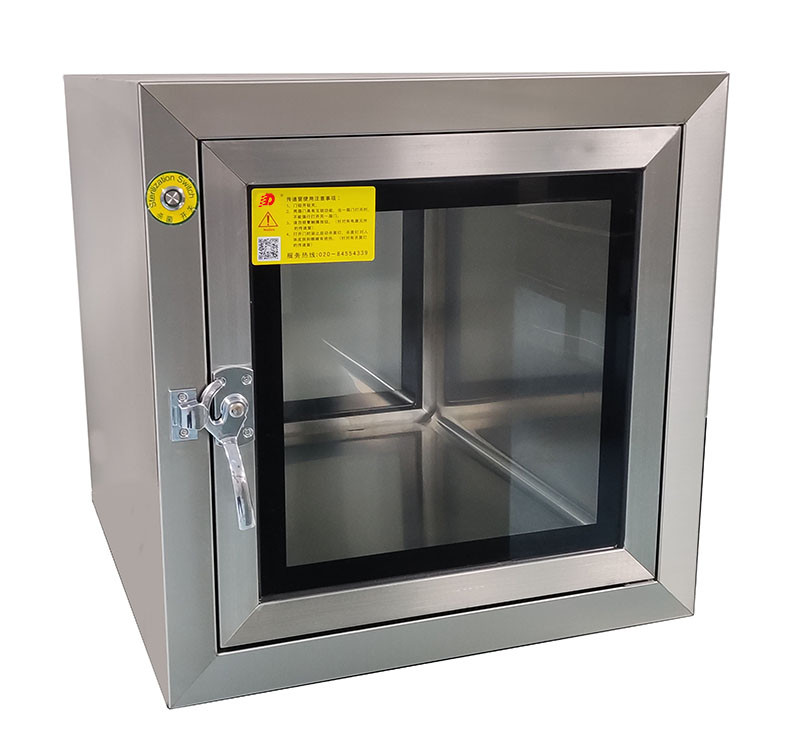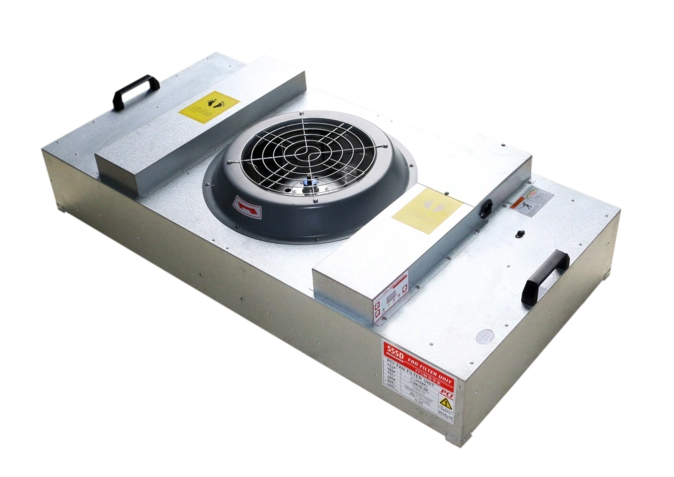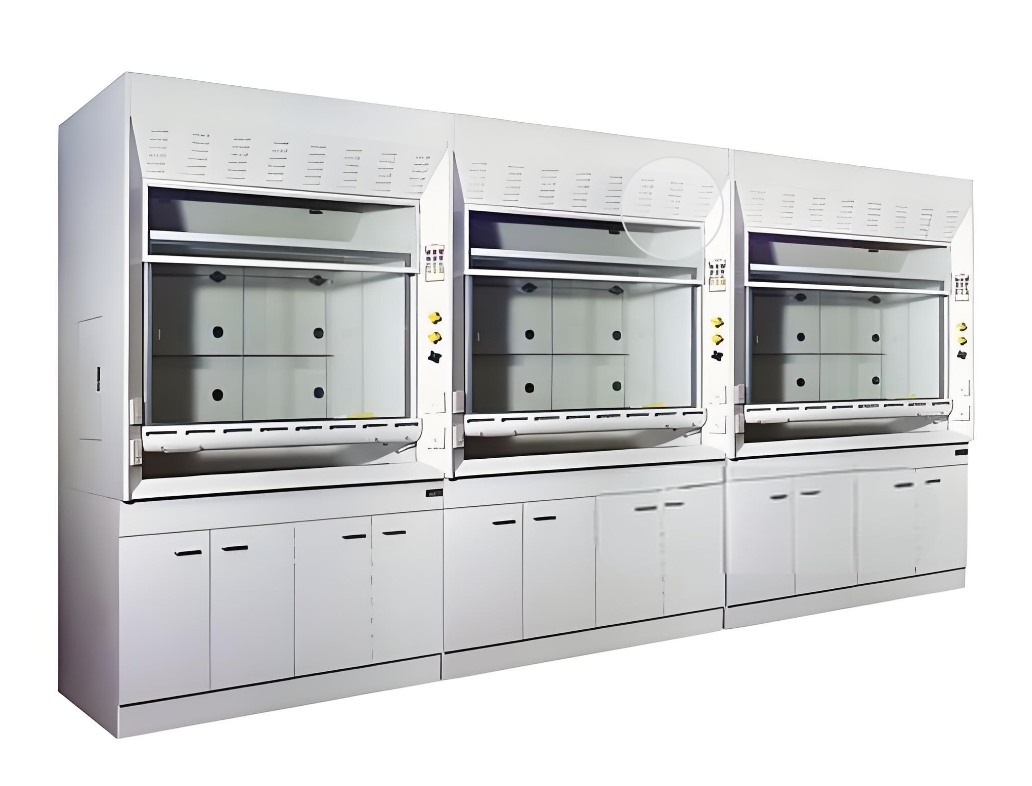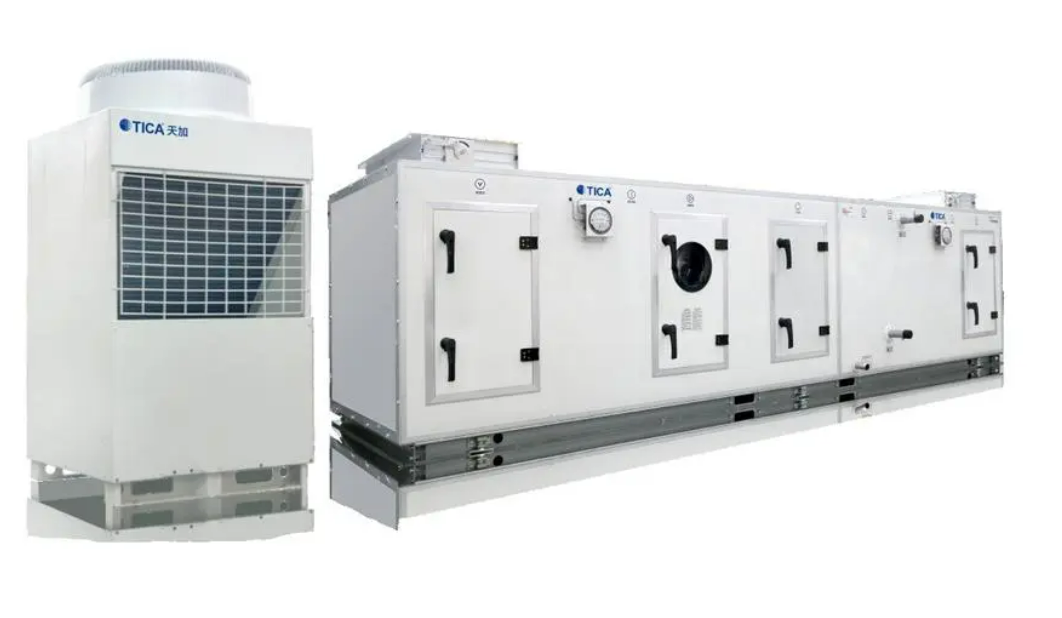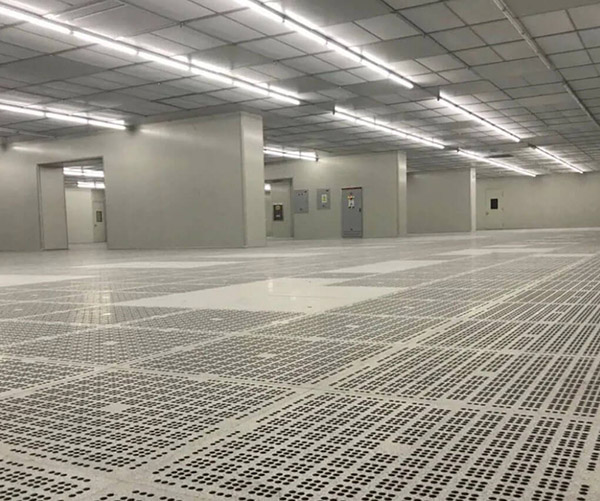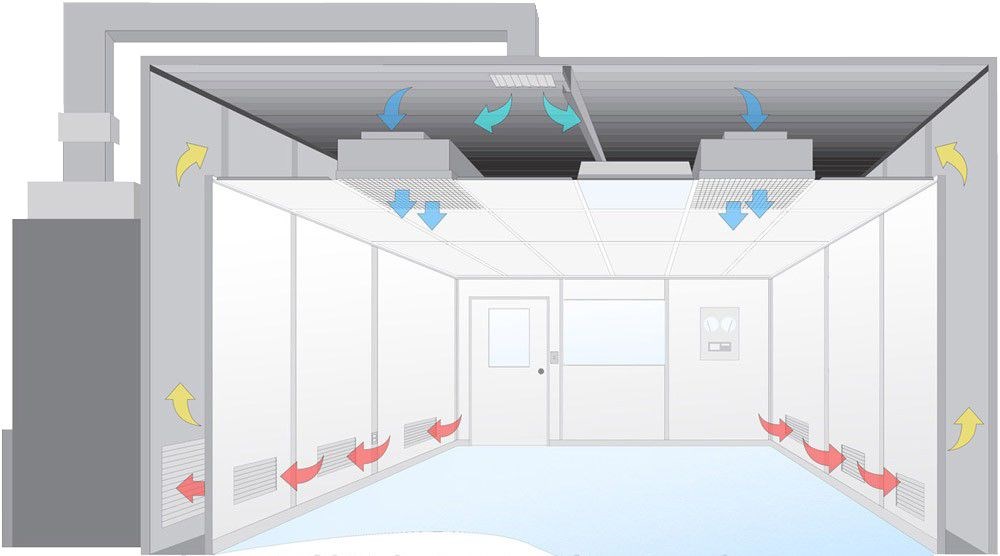Section 1 Scope of License

Article 137 Other beverages subject to food production license management refer to products with an ethanol content not exceeding 0.5% by mass, and other types of liquid beverage products not included in the above. The category number of other beverage production licenses is 0607, including: coffee (type) beverages, plant beverages, flavored beverages, sports drinks, nutrient beverages, energy drinks, electrolyte beverages, beverage concentrates, and other types of beverages.
Article 138 Coffee (type) beverages refer to liquid products made from coffee beans and (or) coffee products (ground coffee powder, coffee extract or its concentrate, instant coffee, etc.) as raw materials, which can be added with sugar (sugar, starch sugar), milk and (or) dairy products, plant powder, food additives, etc.
Article 139 Plant beverages refer to liquid products made from plants or plant extracts as the main raw materials, with or without other food raw materials and food additives, processed or fermented, excluding fruit and vegetable juice beverages, tea beverages and coffee beverages.
Article 140 Flavored beverages refer to liquid products made from edible flavors (ingredients), sugar (sugar, starch sugar) and (or) sweeteners, acidity regulators, etc. as the main means of adjusting flavors, processed or fermented.
Article 141 Sports drinks refer to beverages whose nutrients and content can adapt to the physiological characteristics of people who exercise or engage in physical activities, can replenish water, electrolytes and energy for the body, and can be quickly absorbed.
Article 142 Nutrient beverages refer to beverages that add appropriate amounts of nutrients (food nutrient enhancers, etc.) to supplement the nutritional needs of the human body.
Article 143 Energy drinks refer to beverages that contain a certain amount of energy and add appropriate amounts of nutrients or other specific ingredients to supplement the energy needs of the human body or accelerate energy release and absorption.
Article 144 Electrolyte beverages refer to beverages that have added minerals and other nutrients, and may contain sugar and/or sweeteners to replenish electrolytes consumed by human metabolism.
Article 145 Beverage concentrates refer to products made from food raw materials and/or food additives, which are processed and made into drinkable products after being diluted with water in a certain proportion or after being diluted and then added with carbon dioxide.
Article 146 Other beverages refer to liquid beverage products not included in the above categories.
Section 2 Inspection of Production Sites
Article 147 Production workshops are generally divided into: non-food production and processing areas (offices, power distribution, power equipment, inspection rooms, etc.), general operation areas (raw material processing, water treatment areas, storage areas, outer packaging areas, etc.), quasi-clean operation areas (sterilization areas, ingredient areas, pre-packaging cleaning and disinfection areas, etc.), clean operation areas (filling protection areas). For post-sterilization processes, the filling protection area can be set in the "quasi-clean operation area" and the sterilization area can be set in the "general operation area"
Article 148 A dressing room, hand washing, hand drying and disinfection facilities, shoe changing (wearing shoe covers) or work shoe disinfection facilities should be set up at the entrance of the production site or production workshop.
Article 149 A secondary dressing area, hand washing, hand drying and (or) disinfection facilities, shoe changing (wearing shoe covers) or work shoe disinfection facilities should be set up at the entrance of the clean operation area; the clean operation area should meet the corresponding air cleanliness requirements and be a 100,000-level clean workshop. The above requirements may be exempted if any of the following conditions are met: use of filling equipment with self-contained Clean Room and clean environment automatic recovery function; use of filling equipment that performs both filling and capping (sealing) in a sterile and closed environment; non-direct drinking products such as concentrated liquid (juice, pulp) for food industry, beverage concentrate, etc.
Article 150 Quasi-clean working areas and clean working areas should be relatively closed, equipped with air handling devices and air disinfection facilities.
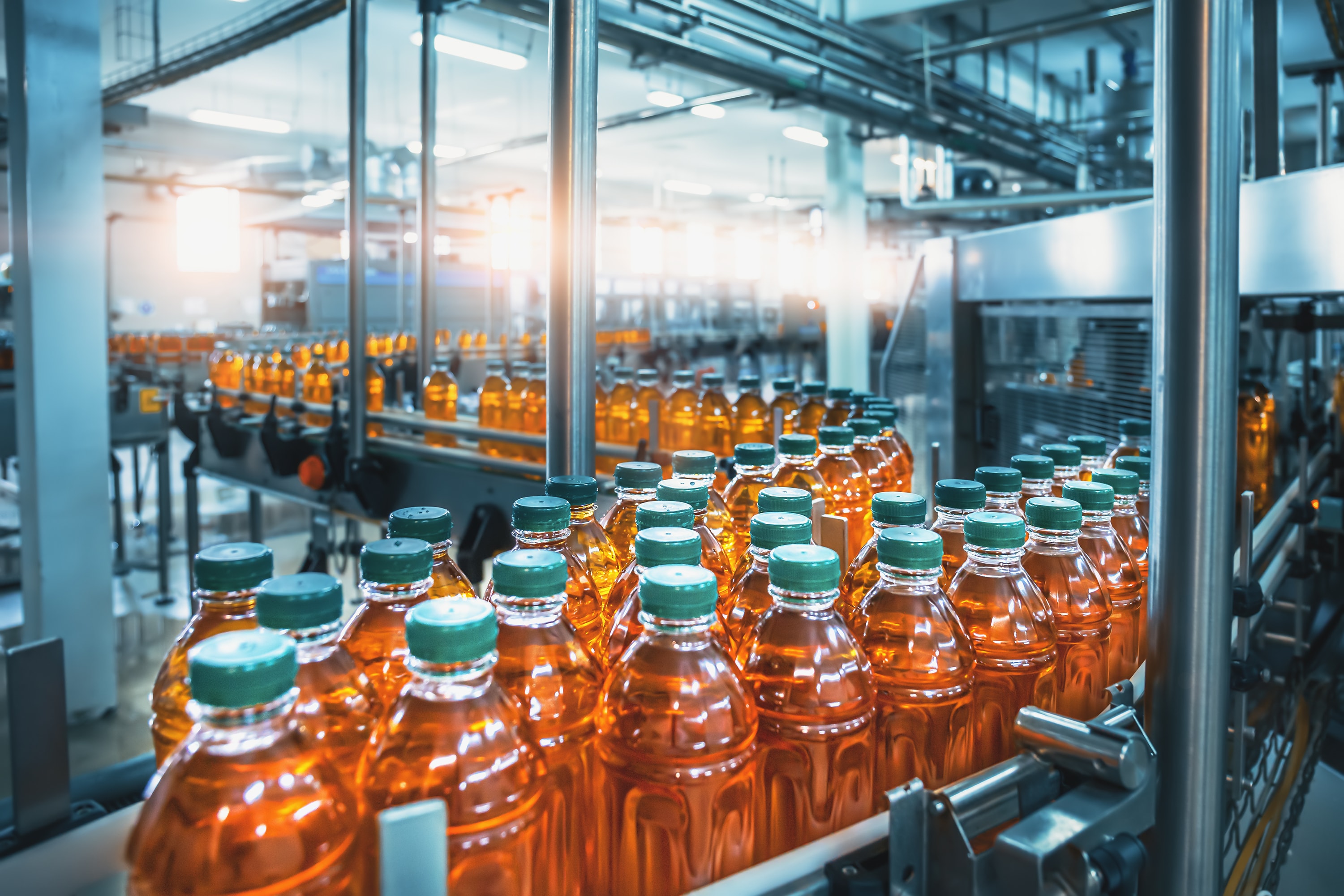
Section 3 Equipment and Facility Verification
Article 151 Production equipment is equipped according to actual process needs, generally including: water treatment equipment, batching facilities, filters (products to be filtered), sterilization equipment, production equipment cleaning and disinfection facilities, automatic filling and capping equipment, automatic inkjet equipment, etc.
Article 152 Inspection equipment should generally include: sterile room (or ultra-clean workbench), sterilization pot, incubator, drying oven, microscope (or colony counter), analytical balance (0.1mg), acidity meter (when pH items need to be inspected), equipment with corresponding characteristic indicators (when characteristic indicator items need to be inspected before leaving the factory) and related measuring instruments.
Section 4 Equipment Layout and Process Flow
Article 153 Equipment layout shall be designed according to the process flow. Other beverages generally include: raw material pretreatment, fermentation (with fermentation process), blending (or not blending), homogenization (or non-homogenization), sterilization, filling and capping, light inspection (or automatic monitoring), etc.
Coffee concentrate includes coffee bean roasting, inspection, grinding, extraction, centrifugation, filtration, concentration, sterilization and filling and capping. Specific products are produced according to the actual process flow of the enterprise, but its process flow must be scientific and reasonable and comply with relevant regulations.
Article 154 Other beverage production enterprises shall control the key points in the production process, and the raw materials (including production water) shall ensure that they meet the production process requirements after treatment, and record various monitoring indicators.
For raw materials using extraction process, the extraction temperature and time shall be monitored and recorded, and the filter aperture shall meet the production process requirements; for steaming and pulping processes, the steaming temperature, time and pressure of the raw materials shall be controlled. Coffee concentrate, plant concentrate (such as herbal tea concentrate), etc. should be stored under conditions that do not affect product quality and food safety, and the storage parameters should be monitored and recorded.
If there is a blending process, the type, quantity and order of feeding should be controlled and recorded; the raw and auxiliary materials feeding conveying system should have a filter of appropriate specifications or other equivalent impurity removal measures: according to the production process requirements, stirring, heating, insulation and other operations should be carried out, and the relevant process parameters should be monitored and recorded. If there is a sterilization process, strictly monitor and record the process parameters that affect the sterilization effect (such as sterilization temperature, time, etc.), the sterilization equipment should be calibrated and recorded regularly, and the sterilization effect should be monitored and recorded.
When filling and capping, foreign matter control measures should be set before product filling, the filling temperature should be controlled, and quantitative filling should be carried out according to the net content requirements; the capping (mouth) should control the capping torque, capping pressure and other capping sealing parameters to ensure product sealing. After filling and capping, the appearance, filling volume and container condition of the product should be checked.
Section 5 Personnel Verification
Article 155 Food safety management personnel, food safety professional and technical personnel, inspection personnel, and production personnel (including personnel directly engaged in water supply and management) must obtain a health certificate before they can take up their posts, and undergo a health check at least once a year.

Section 6 Management System Review
Article 156 A review system for suppliers of raw materials, auxiliary materials, and packaging materials should be established, and regular review and evaluation should be conducted; the food safety responsibilities of both parties should be clearly stated in the contract signed with the supplier.
Article 157 A purchase inspection record system should be established. Production water should comply with the hygiene requirements in the "Sanitary Standard for Drinking Water" (G8 5749) (except pH value).
Raw materials and auxiliary materials used in production must comply with the requirements of relevant food safety standards.
Article 158 Enterprises should establish a product formula management system, listing the basis and prescribed usage of food additives, food nutrient enhancers, and new raw materials used in the formula; the food additives, food nutrient enhancers, and new raw materials used should comply with the relevant product standards and the relevant announcements of the health administrative department of the State Council.
Article 159 Enterprises shall establish a production process management system to control water treatment, blending, filling (packaging), cleaning and disinfection, storage, transportation and delivery during the production process. The water treatment process shall specify the cleaning and replacement requirements of the water treatment filter device, formulate the control indicators of the treated water and monitor and record them; the blending shall be reviewed to prevent the wrong type and quantity of the feed; if the pH value is controlled to prevent the growth of harmful microorganisms, the pH value shall be adjusted and maintained below 4.6; the cleaned empty bottles (cans) shall be monitored to ensure the tightness of the seals. Effective cleaning and disinfection methods and management systems shall be formulated and verified to ensure the cleanliness and safety of production sites, production equipment, packaging containers, work clothes and personnel, and prevent the products and their packaging from being contaminated during the production process.
Article 160 Reasonable hygiene monitoring requirements shall be set in accordance with Appendix A "Guidelines for Microbiological Monitoring procedures in Beverage Processing" of the "National Food Safety Standard Beverage Production Hygiene Specifications" (GB 12695).
Article 161 An inspection management system shall be formulated, including management regulations for raw materials, processes, factory and type inspections. The inspection capabilities of other beverages should at least meet the requirements of sensory organs, characteristic index content, total colony count, coliform group, sugar content (if necessary), pH value, residual gas (if such process is available), turbidity (if necessary), etc.
Enterprises can use rapid detection methods and equipment, but the test results should be accurate. When the rapid detection methods and equipment used are used for factory inspection, they should be regularly compared or verified with the Inspection methods specified in national standards. When the rapid test results are unqualified, the inspection methods specified in the standards should be used for confirmation.
Article 162 The inspection management system should stipulate the requirements for type inspection, which should be carried out at least once every six months (once a year for seasonal products). Type inspection should be carried out in a timely manner when the main raw and auxiliary materials and key production processes are changed, before resuming production after a suspension of more than three months, and when the factory inspection results are significantly different from normal production.
Section 7 Inspection of Trial Products
Article 163 According to the types of other beverages reported (coffee (type) beverages, plant beverages, flavored beverages, sports drinks, nutrient beverages, energy drinks, electrolyte beverages, beverage concentrates, other types of beverages) and implementation standards, representative samples shall be drawn from the same specifications and batches of trial products for inspection.
 +86 18186671616
+86 18186671616 Jason@cleanroomequips.com
Jason@cleanroomequips.com
 MENU
MENU







